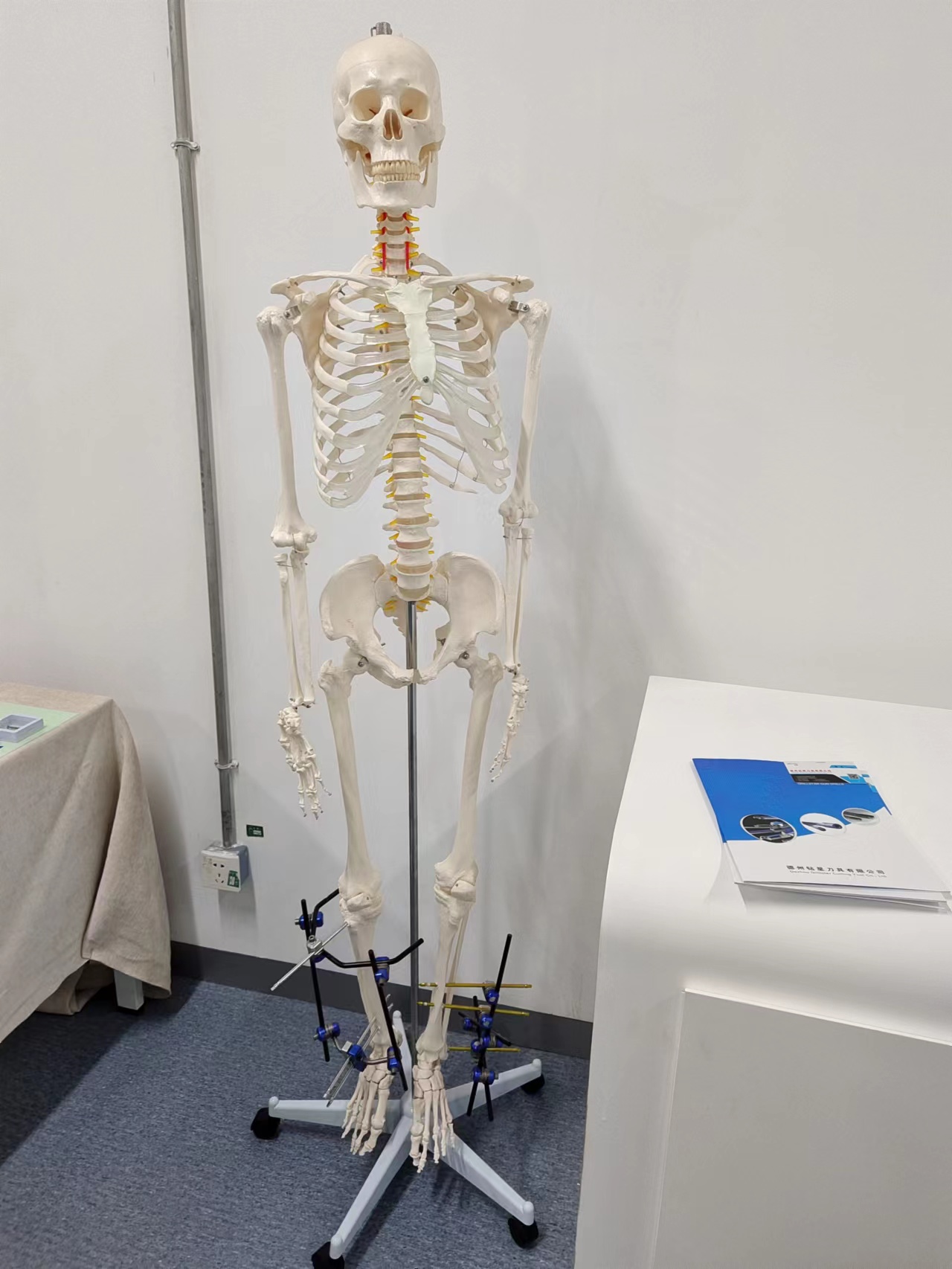application area :
Because process safety is the key to medical technologyNew materials in dental technology provide tools for demanding tasks. Because in the medical process, even if difficult to process materials are used, safety and accuracy must always be ensured.In the field of medical technology, the requirements for tool components are particularly complex. New treatment methods such as minimally invasive surgery and the development of nanotechnology materials always require new innovations.For example, more and more materials are being used for dental implants, but these materials are also becoming increasingly difficult to cut. In these most challenging applications, stable thermal stability and constant transverse fracture strength can be used. Our tungsten carbide has significantly extended the service life of processing tools used in dental technology.Dentures should feel natural while ensuring the highest level of functionality. A high-performance ceramic called zirconia can meet these requirements. This material is considered a ceramic equivalent to steel, with high fracture toughness, transverse fracture, and tensile strength. Now, due to the wear resistance of materials, zirconia poses a significant challenge to related machine tools. In order to make machining more economical, a special milling cutter made of tungsten carbide has been developed, which is characterized by the best geometric shape and a special diamond coating.Through close cooperation with our clients, we have developed a carbide that is very suitable for diamond coating. A small amount of additional carbides and optimized cobalt content ensure bonding strength. The selection of particle size enables the diamond layer to be firmly fixed on the substrate.Because process safety is the essential thing in medical technologyNew materials in dental technology provide tools for demand tasks Because safety and accuracy must always be guaranteed during a medical procedure– Even with materials that are difficult to machine& Nbsp; In the field of medical technology, the requirements for tool components are particularly complex New treatments such as minimally invasive surgeries and material developments in nanotechnology always require new innovations& Nbsp; For example, more materials are now being used for dental implants, but these are also increasing more difficulty to cut& Nbsp; Only an excel tungsten carriage with an exceptionally even structure, consistent thermal stability, and a constant transformer rule strength may be used in these most challenging applications& Nbsp; Our tungsten carbide has already significantly extended the service life of machining tools used in dental technology& Nbsp; Dentures should feel natural while safeguarding the highest level of functionality& Nbsp; A high performance ceramic called zirconium oxide has been able to meet these requirements& Nbsp; The material is considered to be the ceramic equivalent of steel, with a high fracture toughness and reverse fracture and tense strength& Nbsp; Now, due to the abrasivity of the material, zirconium oxide is presenting major challenges for the associated machine tools& Nbsp; To make machining more economic, special milling tools made of tungsten carbide have been developed, characterized by optimal geometry and special diamond coatings& Nbsp; Working in close cooperation with our customers, we have developed a carriage that is outstanding well constructed to diamond coating& Nbsp; Adhesion strength is ensured by a small number of additional carbides and optimized cobalt content& Nbsp; The selection of particle size allows the diamond layer to securely anchor the substrate




